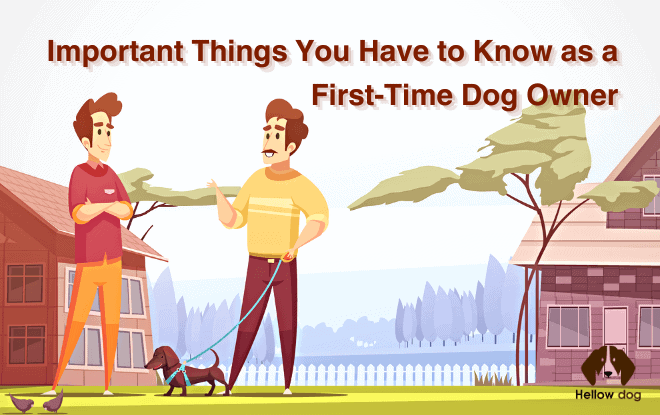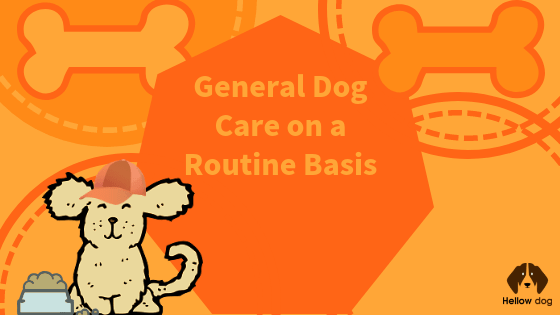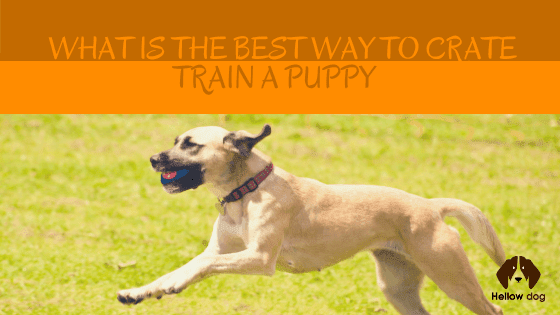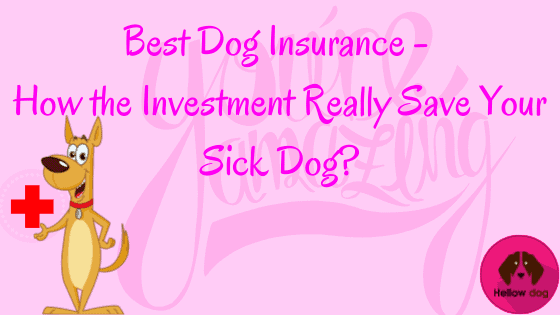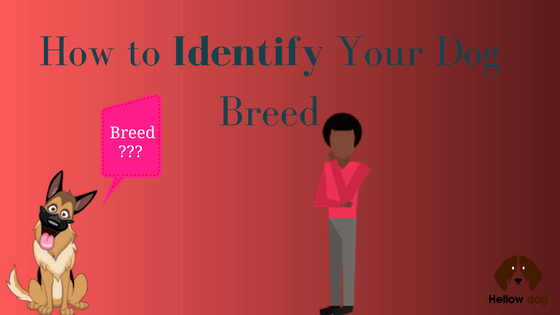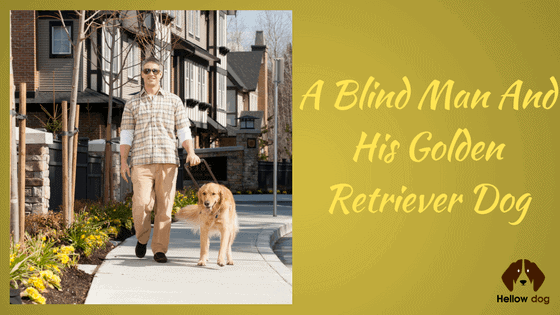Planning to introduce a puppy or adult dog into your life is indeed an exciting time.
As a responsible animal owner, you will obviously want to ensure you are doing absolutely everything you can to raise a happy, healthy, trained, and loving companion, both for your dog’s sake and your own.
With this in mind, here are seven important things you have to know as a first-time dog owner.
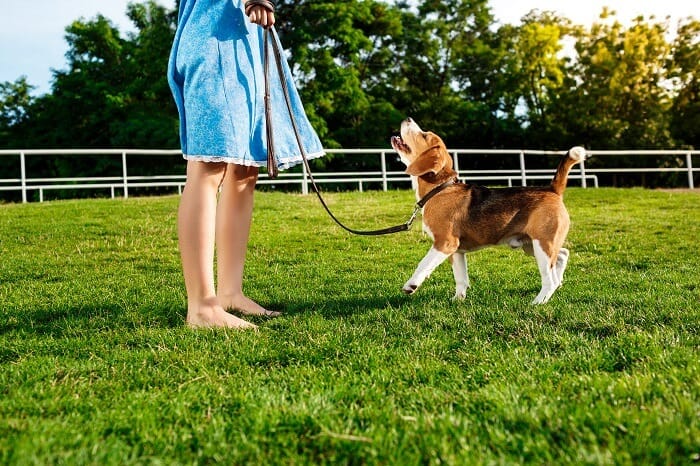
1.Your Dog Should Never Be Left Alone for Too Long
Regardless of the age or breed of your precious pooch (and even more so for puppies and younger dogs), if you are planning on adopting a dog or purchasing one from a reputable breeder, it is essential that you will be at home for the majority of each and every day.
This is due to the simple fact that dogs, like any pet, require emotional and intellectual stimulation just as much as they need daily physical exercise.
A lack of mental stimulation can cause a host of the fact that you could even argue that a depressed dog is tantamount to animal cruelty.
Signs your dog may well be lacking the required level of intellectual stimulation include the following:
- Your dog has started to bark and/or whine at the slightest noise or movement outside
- Your dog seems to constantly either chew or lick their paws out of boredom
- Your dog appears not to be able to properly lie down and relax and is instead fidgety and restless
- Your dog is sleeping more than usual and is reluctant to come downstairs or walk over to meet you
- Your dog has started to destroy once tenderly loved toys and may even have begun to chew furniture and other household items
- Your dog should never be left alone for too long, especially if they are prone to anxiety, as a lack of mental stimulation can exacerbate their symptoms.
2. Your Dog Needs to Maintain a Healthy Weight & Body Mass
Another incredibly important component of the role of looking after your dog properly concerns itself with ensuring that they maintain a healthy weight.
An efficient way to check your dog’s general physical health and wellbeing, as well as their weight, is to conduct what has been recently coined as a ‘Dog’s Body Conditioning Check’.
Initially, this involves feeling underneath your dog and around their stomach area to check for any swelling and then feeling around the entire base of their tail to ensure there are no fatty build-ups. The second part of the body conditioning check involves feeling along the back of your dog and across both sides to feel for their ribcage, which should be simultaneously easy to feel yet not visible.
Finally, check the appearance of your dog’s waist, which should be tucked in and smooth rather than rounded and swollen. If you detect anything you consider to be abnormal or a new growth or swelling that has suddenly appeared, do not hesitate to contact an established veterinary clinic such as Saltwater Animal Hospital near Normandy Park, WA.
3. Your Dog Will Need to Familiarize Themselves with Their New Belongings as Soon as They Arrive
If you have ever looked online before for a conclusive list of things you need to prepare in anticipation of bringing your new dog home, you will have likely found numerous conflicting lists.
However, especially for the first few days and weeks of introducing your new dog to their forever home, it is important to not overload them with information and instead give them the time and space to explore on their own and start to bond with you naturally.
The essential purchases you need to make, ideally in good time ahead of your dog’s arrival date, should begin with a collar and leash.
The collar should also have a secure and durable tag attached, which displays the dog’s name, your name, and your address and/or phone number, and the leash should be a flexible leash, which will allow you to give your dog freedom to run and keep them safely by your side as applicable.
Ask either the animal shelter or breeder what your dog has been eating up to this point, and be sure to invest in exactly the same type, variety, and even flavor of dog food to give to your dog initially. This is one of the most powerful ways in which your dog will come to associate you and their new home with safety, comfort, and normality.
Additionally, you will also need to source a comfortable and safe dog bed, or even two if you are planning on sharing your bedroom with your dog, a safe and secure carrier, and tough, dog-safe toys and chew bones to keep them occupied when you take five minutes to yourself.
4. Your Dog Will Need Regular Health Checks (Just Like You)
As mentioned earlier, the supreme importance of registering your new dog with a prestigious veterinary surgery can simply never be overstated, and for health check-ups alone, this is essential.
However, you may also require the services of a professional and qualified veterinary clinic for a number of other reasons, such as to clear your dog’s eyes if they start to experience a build-up of ear wax, to have their teeth professionally cleaned, and for their regular boosters and vaccinations.
Additionally, if your dog has not yet been neutered and spayed, this of course needs to be conducted in the safe, clinical setting of a veterinary clinic and is the best thing for your dog for the following reasons:
- Reduces the risk of females developing ovarian cancer
- Reduces the risk of males developing testicular cancer
- Reduces roaming
- Reduces the volume of urine marking in and around the home
- Stops females from attracting unneutered male attention and becoming pregnant
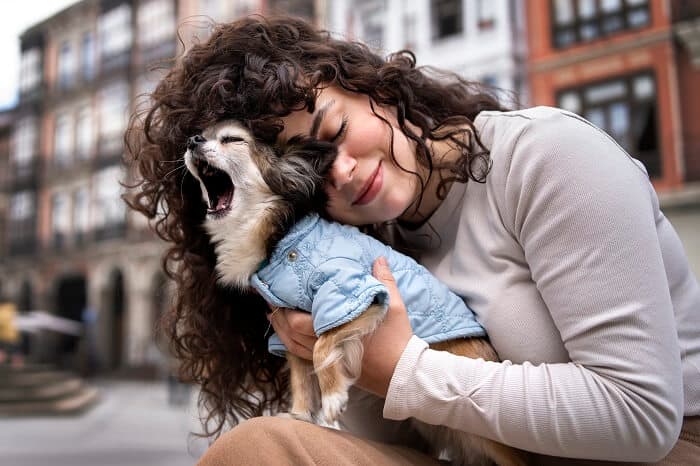
5. Your Dog Needs to Be Fed the Right Vitamins, Minerals & Nutrients
Just as with yourself and the rest of your human family, the food you provide them is directly associated with your dog’s levels of physical health and wellness, and it is your responsibility to make sure you are feeding them completely and correctly.
As a simple yet accurate guide, the three essential things to remember regarding your dog’s daily diet include the importance of natural formulas, top-quality ingredients (basically the best you can afford), and avoiding any dog food that contains high levels of fillers, flavorings, colorings, and cereals.
It would also be prudent to point out that when you are looking for high-quality and complete food for your dog, cheaper versions often contain a high level of ash and other unwanted waste byproducts, so make sure you read the label of everything you feed to your dog.
Naturally, your dog will always be incredibly interested in what you are eating, and just as there are many human foodstuffs that are perfectly safe for your dog to enjoy, there are also a number that can be poisonous or, in some cases, fatal.
Foods you must absolutely never feed your dog in any situation or in any case include the following:
- Raisins and Grapes
- Alcohol of Any Kind
- Avocado
- Garlic, Chives, and Onions
- Macadamia Nuts
- Cooked Bones
- Artificial Sweeteners
- Corn on the Cob
6. Your Dog Will Need to be Socialized in Stages
If you are planning on visiting your local animal rescue center to adopt a deserving dog, then as long as you choose to frequent a respected and established rescue center, the staff and volunteers will provide you with as much information as possible about your new dog.
Included in this will be the level of socialization your new pup has experienced thus far and moreover, whether or not your dog is calm and non-plussed when encountering other dogs on walks and if they are relaxed and happy to be around children.
However, if you have decided instead to buy a puppy from a breeder (please make sure you have done your research and ensure they practice professionally), it will be down to you to train your puppy in the ways of socialization and moreover, to assess their natural instincts as to loud noises and lots of people.
With a new puppy, make sure you have taken them to your registered veterinary surgery for their required injections and boosters before they have any interaction whatsoever with another puppy or adult dog.
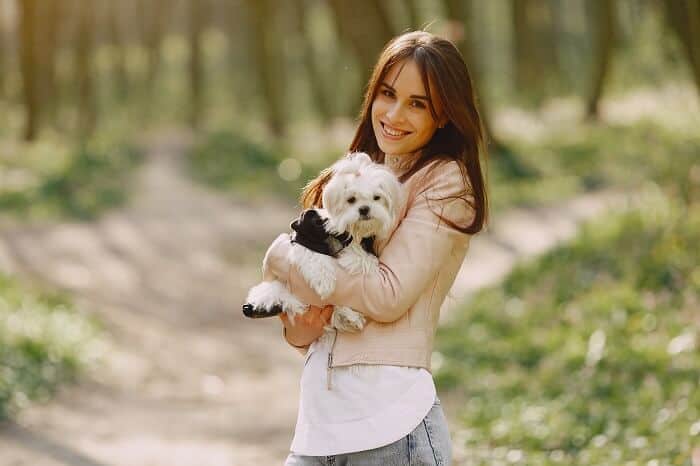
7. Your Dog Will Become Your Best Friend
A loyal, trusting, and loveable confidant, as long as you follow each tip within this article and moreover, ensure that you do everything you can to bond, connect and build a strong link between you both, your dog will quickly become your best friend.
Dogs are, even though recognized to be intelligent, intuitive, and instinctive, still widely misunderstood by those who neglect to put in the necessary time, effort, and levels of love and patience to properly bond with their animals.
Just as with any domesticated animal, the more love, patience, and loyalty you show your new dog or puppy, the quicker and deeper the connection between you and the happier and more loved the both of you will feel.

